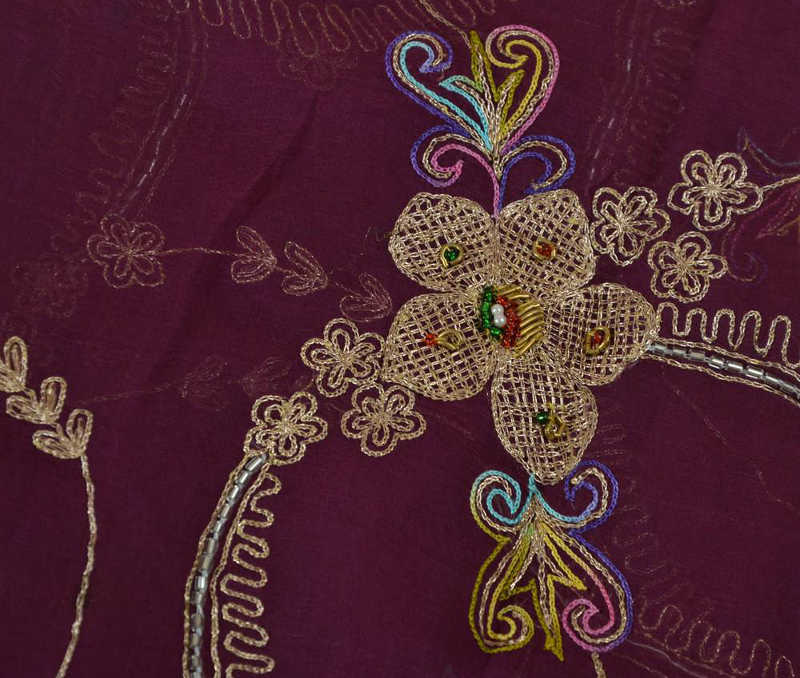===
1741,
3
===

=== |
 |
himmat : 'Mind, thought; anxious thought, solicitude; attention, care; —inclination, desire, intention, resolution, purpose, design; —magnanimity; lofty aspiration; ambition; —liberality; —enterprise; spirit, courage, bravery; —power, strength, ability; —auspices, grace, favour'. (Platts p.1235)
FWP:
SETS == BHI; GRANDIOSITY
MOTIFS
NAMES == KHIZR; SIKANDAR
TERMS == DRAMATICNESS; FAUX-NAIF; PROOF; QUATRAIN; THEMEThat little vuhī nah is really such a delight, and adds a fine idiomatic punch. The speaker is telling some friend about his exploits, and he is not at all sure his friend will even remember the famous story of the 'Water of Life' (also known as the 'Fountain of Youth'). So he casually reminds him: 'You remember, don't you? -- the one that Khizr and Alexander were dying for?' This casual assumption that his friend might need reminding shows an almost dismissive attitude toward the whole business.
And then, a great religious figure like Khizr could find the Water of Life only with much difficulty, while a great world-conqueror like Alexander couldn't find it all-- whereas the speaker apparently found it so easily that he doesn't even bother to mention the quest. And then, Khizr and Alexander were desperate to drink from it-- whereas the speaker not only didn't do so, but actually filled it up with dust to make the rejection contemptuous and permanent. Thus in the most understated way, the speaker establishes his own radical superiority over Khizr, Alexander, and the whole longing for immortality.
SRF also offers another possibility: that the speaker didn't really fill the fountain [chashmah] with dust, but put dust into his own eyes [chashm]. This reading has some problems, though. For one thing, the verse scans chashmah as long-long, so that the 'fountain' is very forcefully present, and there's no hint at all that it could or should be turned into chashm . For another thing, what the speaker filled with dust was not just any fountain, but 'that fountain' [vuh chashmah]-- the fountain already mentioned in the first line, the fountain of the Water of Life. Since there's no 'eye' in the first line, the vuh would seem further to discredit the reading of chashm . So to my mind the 'eye' and 'dust' wordplay must remain peripheral, since the verse not only doesn't activate it but strongly works against it.
This verse is a case in which the bhī clearly doesn't have its official meaning of 'even' or 'also', but rather its special idiomatic ability to emphasize the word it follows.
SRF says, 'The word himmat shows clearly [bāt ṣāf khul jātī hai] that Mir has taken the theme from Sa'ib.' But is this really a persuasive claim? The two verses have some broad thematic similarity, but their basic imagery is quite different. And after all himmat is not exactly an uncommon word for the doing of some daring deed; it is an obvious one that would readily come to mind. In my view SRF should have at least inserted a 'possibly' into his claim. For further discussion of the problems with such claims, see {1725,6}.
Note for meter fans: In the second line, the foot bha-raa vuh scans as short-long-short, rather than the normal long-short-short. This syncopated effect is a variant that occurs in this meter from time to time.